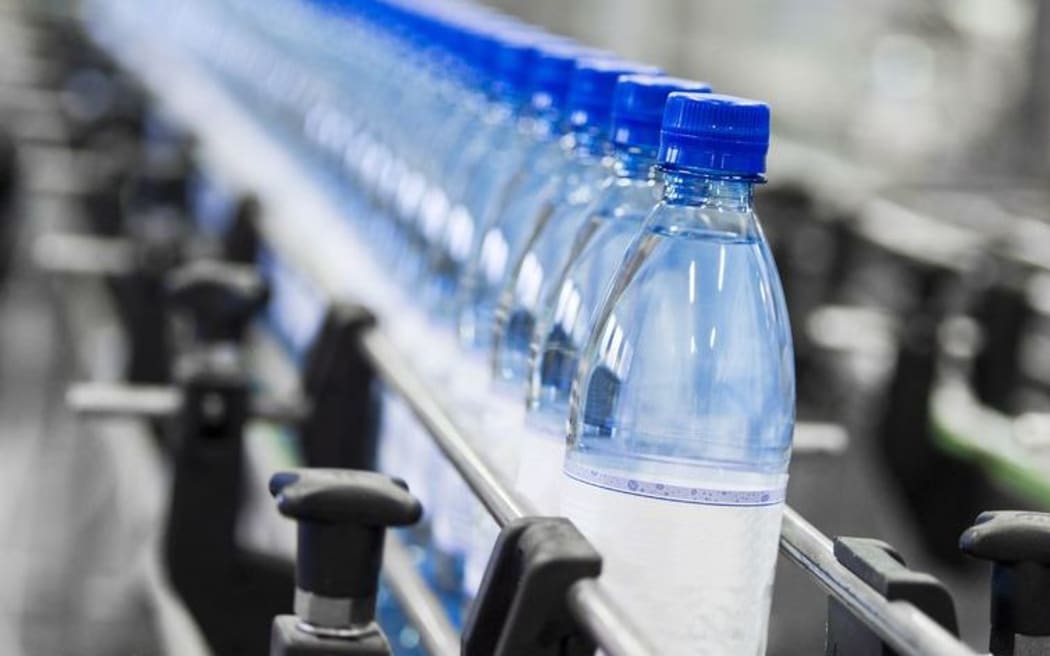Companies should pay a royalty if they are sending New Zealand water overseas, New Zealand First Leader Winston Peters says.
Several international companies are under scrutiny over how little they pay for the water they draw off to bottle and sell.

Photo: 123 RF
Prime Minister John Key said the amount exported overseas was insignificant.
"No one owns water, and if we're going to start charging for water we have to be consistent and charge a lot of people where they have access to water, it's only a temporary right.
"They don't have that access right forever and it's worth putting a bit of perspective on it; 0.004 percent of water that is used in New Zealand is used for bottling and exporting overseas and it's a very tiny amount."
Mr Peters told Morning Report if water was being sent straight out of the country businesses should have to pay a royalty for it, as they would for coal.
"We say as a country we own the water, and we've got a right like coal or anything else we're exporting or extracting and to put a royalty on it.
"For well over a hundred years we've believed as a country that we own the water, in the same way as we own in common the air and the environment which were in."
Massey University fresh water ecologist Mike Joy told Morning Report New Zealand was allowing international water companies to squander a precious resource.
"Definitely we are being ripped off. They are taking something that's so precious, we can't have life without it, and just to hand it over to whoever happens to be sort of Johnny-on-the-spot."
He said he wanted New Zealand to charge for water so it would have value and then be used most efficiently.
"It really comes back to the fact that because it has no price - its free - then we tend to trash things that we get for nothing."
Mr Key said the allocation of water was not perfect - but he reiterated that no one owned it - and it was up to local councils to allocate it.
"No one's arguing the allocation process is perfect. We are in the process of trying to reform the RMA and we have been doing quite a lot of work around the Ture Whenua Maori Act to have a look at whether we can utilise that land better."
Mr Key said New Zealand captured revenue from foreign companies extracting a product such as water in other ways. "The principle always in New Zealand is that we tax the entity and all the activities that they do, not necessarily the base ingredients."
Mr Peters said the Prime Minister was "dancing on a pinhead".
"All of a sudden because of state asset sales into private hands of the water and power companies Mr Key was left with having to try and explain why no one owns the water, because you can't run power companies without water.
"As a consequence we've now got ourselves in an awful conundrum and he's on a pin head trying to explain it away by the lack of extraction - well that's not the point."
Mr Peters said the water bottling companies were in New Zealand to obtain "water of first class quality at no cost at all."
He said 25 percent of the royalty charged for extraction should stay in the region from which it comes.
Mr Joy said it was crazy to say no one owned water and then to give it away for free.
"Because obviously they do own it then. Obviously the electricity companies own the water that they use, I mean they, at least, put it back again."
Eastern Bay of Plenty Regional Council chairman Doug Leeder said councils were not legally able to charge royalties for water use, and more discussion was needed about the tools available them
"The issue here is that historically water has been seen to be something that's free for everybody, but increasingly there is a recognition this it is not a infinite resource."



